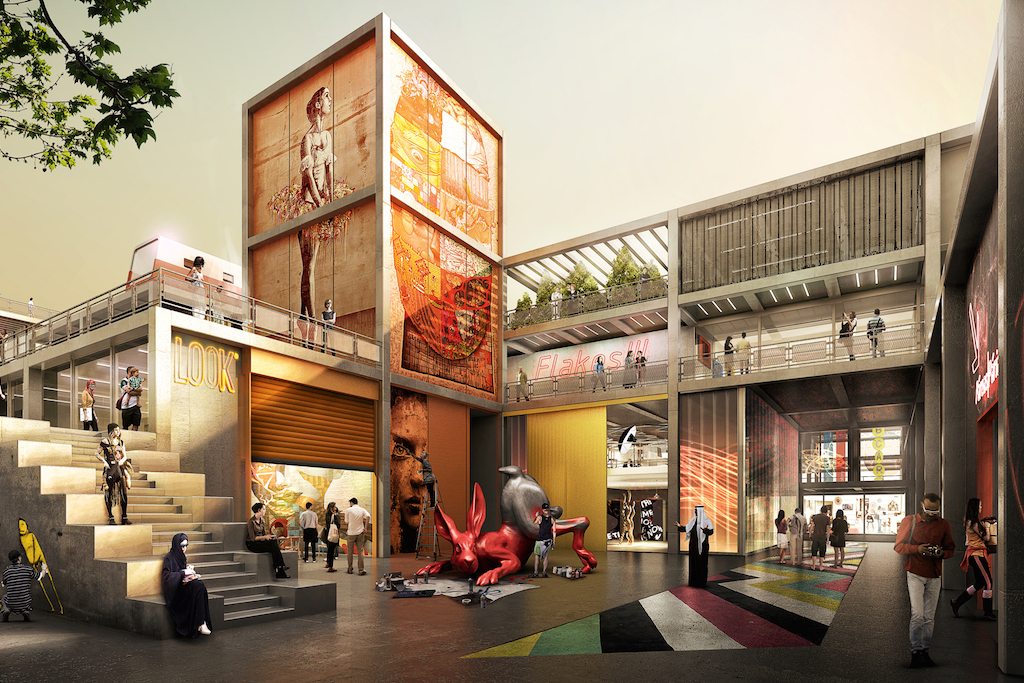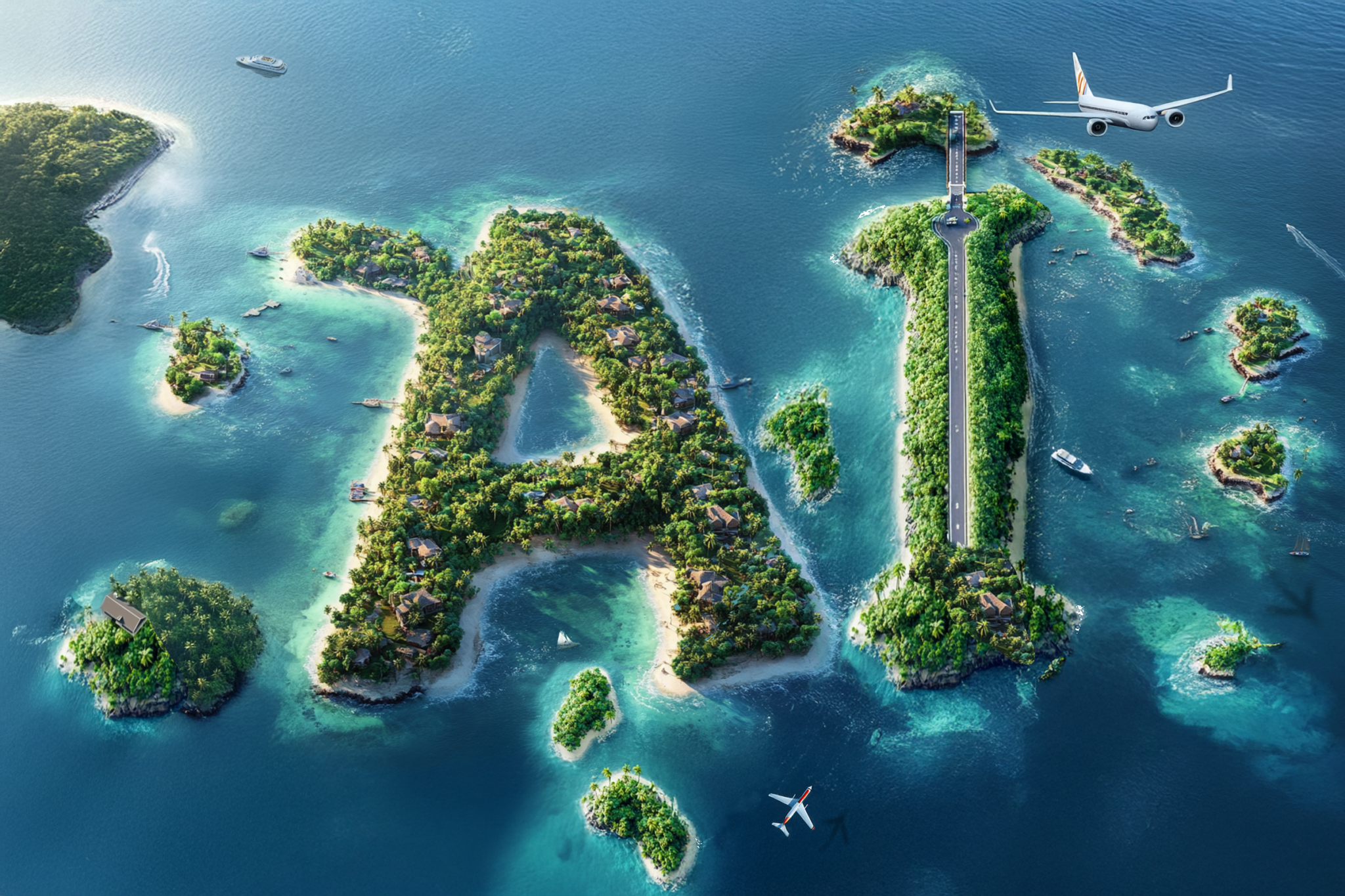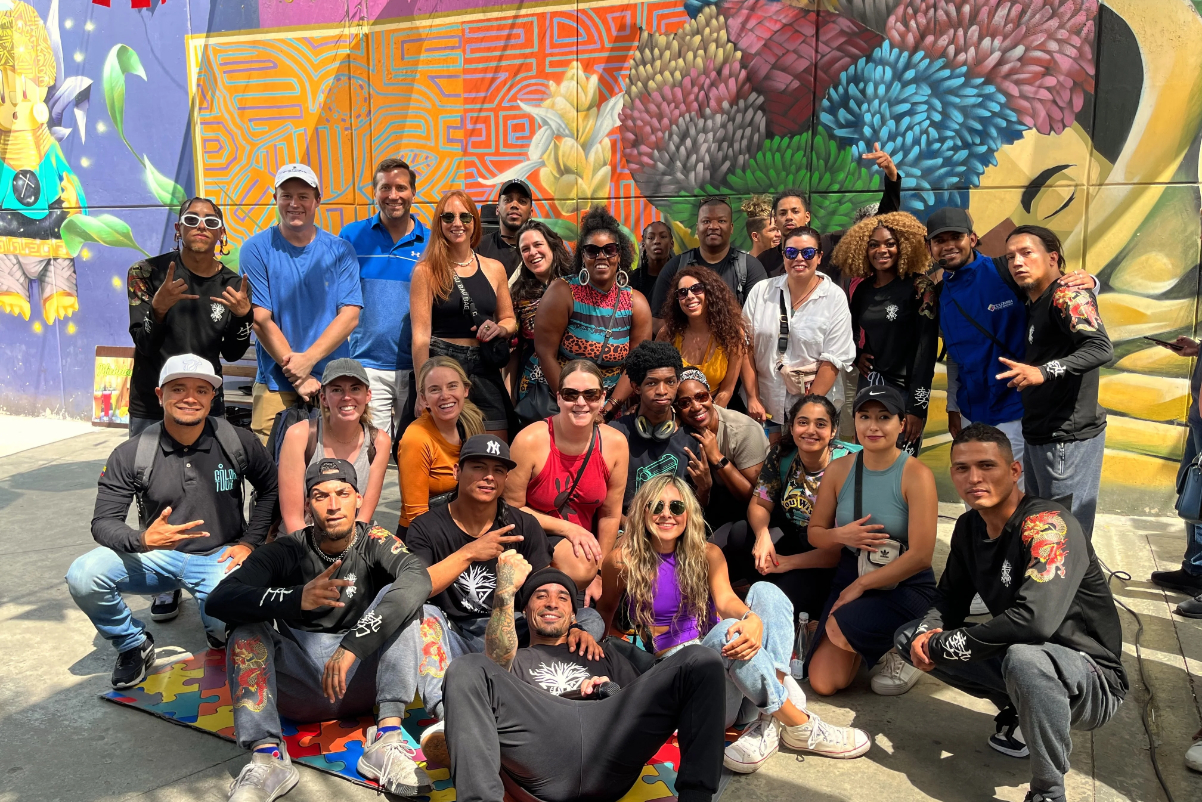Dubai Business Events Director on the Future of Meetings in the Knowledge Economy

Skift Take
The BestCities Global Alliance is a partnership of 11 convention bureaus worldwide that share best practices for hosting large-scale conferences for international associations.
For the first time since the launch of the Alliance in 2000, the bureaus gathered in Dubai this month for the inaugural BestCities Global Forum.
The theme was: “From Success to Significance for Events and Destinations.” The event focused on shifting how the value of meetings is measured, going beyond the success of a single convention to emphasizing the long-term business development opportunities, or “legacy impact,” for both the organization and host destination.
According to Steen Jakobsen, director of Dubai Business Events, the strategy is an important evolution for convention bureaus in terms of how they engage conference organizers. It’s a shift from promoting the destination to attract meetings to support the local visitor economy, to instead, collaborating with associations to strengthen the local knowledge economy.
Dubai is a good example of that evolution in terms of its overall positioning on the world stage. The emirate is investing heavily to diversify its economy and develop itself as a global hub of innovation in advanced industries — illustrated by the theme of Expo Dubai 2020: “Connecting Minds, Creating the Future” — organized around the three pillars of opportunity, mobility, and sustainability.
In effect, one event is informing the development of an entire country, if not the whole of the modern Middle East.
“Dubai is now at the stage where it wants to transition into a full knowledge economy,” said Jakobsen. “That transition is driven by a number of different initiatives and policies spearheaded by the government. In that context, Expo is really seen as a catalyst or accelerator of that transformation into a knowledge economy. It represents a shift from being a more industrial society, which is focused around trade, to one where we’re moving full steam ahead into becoming a knowledge society.”
The following is our interview with Jakobsen examining the parallels between BestCities’ collaborative mandate and Dubai Business Events’ vision for the future of meetings.
Skift: What is the purpose of the BestCities Global Alliance?
Steen Jakobsen: The purpose is really to drive more business into each of our cities by collaborating, primarily by sharing information and intelligence on international business events that rotate globally. We also have some common standards that define different services, and the level and the quality of those services, that we provide to international meeting planners. So there’s consistency in the support and the services you can get regardless if you work with, say, Melbourne, Singapore, Dubai, or Copenhagen for that matter.
Skift: What were the factors leading to the development of the first BestCities Global Forum?
Jakobsen: The way that we’ve approached our business development in BestCities over the years has primarily been of a transactional character. We’ve met with organizers of international association conferences a few times a year, and we’ve done workshops to try to establish relationships with them and offer our services, and so on. But we’ve found that if we are to provide real value to organizers of association conferences, and our priority is invested within the association segment, then it needs to go beyond just those transactional conversations.
It has to go beyond promoting our infrastructure that we have available and the other support services that we can provide as a convention bureau. Now we’re having deeper conversations on how we as cities can work together with the associations on creating some more long-term effects and impacts based on our collaboration, both for the association and also for the destinations that host the events.
That was what we centered around when we had our client advisory meeting during PCMA’s Convening Leaders conference in Vancouver about a year ago. The outcome of that meeting was that the associations said to us, “You really can provide value to us if you can help us develop and plan programs that allow us to create stronger legacies around our organizations’ events when we take our events into your cities.” That was really the starting point, and that then became the whole theme of the Forum.
Skift: What were some of the takeaways from the Forum?
Jakobsen: Everything centered around how cities and associations can team up in executing programs with a stronger legacy for the benefit of both the association and for the destination. The most interesting key takeaway for me is that if an organization has a long-term vision of where it wants to go, and what it wants to achieve, and the organization has an international annual event, then the legacy is created between the event and their vision. That then led us to the importance of identifying the primary ideas driving legacy programs. The events must be 100 percent allied with the mission and vision of a particular association that’s organizing a conference. If it’s not in line then it doesn’t have a long-lasting impact.
So it all has to go back to the destinations. We need to understand the association in detail, and we need to understand what their long-term vision is. Then we need to see how we can support that and bring it to life. The vision always needs to be the beacon that guides what the legacy program looks like and how it’s planned, and then eventually, the legacy program can help achieve the long-term strategy and the long-term vision.
Skift: Is this a growing trend where convention bureaus are focusing more directly on the legacy impact of a meeting in terms of driving innovation in the local knowledge economy, versus just the economic impact on the local visitor economy?
Jakobsen: Yes. Absolutely. That was one of the things that we also had an opportunity to dive into during the Forum. We had a really interesting speaker from Expo Dubai 2020 who came and spoke to us about how they are planning their legacy program. Marjan Faraidooni is a local Emirati who is the Vice President of Legacy for the Expo. So they actually hired someone, who is responsible only for the legacy program, to ensure the event benefits the UAE in the long term. They have set themselves some very specific key performance indicators for what the legacy program should look like, and how the impact is measured in the years following the event.
Skift: The missions of both Expo Dubai 2020 and Dubai Business Events are aligned around the development of smart cities, the rise of the local knowledge economy, and the drive to become a global hub of innovation. How does any of that help the U.S. meeting planner?
Jakobsen: What we’re doing in our approach is we’re aligning ourselves and our focus in full with the UAE’s National Innovation Strategy. That innovation strategy identifies seven key sectors that are the high priority sectors of the future for the UAE. Those are healthcare, technology, energy, transport, education, water, and space. In our work to develop events in Dubai and to drive growth in international events, we focus on these seven key sectors. Those are also the sectors where we are then help international meeting planners establish partnerships with local counterparts within those seven key sectors. It can be local associations, local government partners, academia, research centers, healthcare institutions, and so on.
Skift: Is that strategy resonating more and more with U.S. planners, or is it still a challenge to show the value of that model?
Jakobsen: I think over the three years I’ve been involved with the bureau in Dubai, I’ve seen already that there is change happening. It’s starting to resonate more and more for U.S. meeting planners, but they still first want to know more about what I would call the hygiene factors of Dubai. Those are things like accessibility, infrastructure, hotels, and safety in particular, being located in the Middle East as we are.
But then as soon as we’ve covered that part of the conversation, then it’s often that we can drive the discussion toward what opportunities Dubai and the region actually offer when it comes to knowledge creation, peer-to-peer networking, inward investments, and access to education. Those types of things are more aligned with the transition into a knowledge economy that Dubai is going through.
Skift: Phrases like “smart city” and “knowledge economy” are sometimes dismissed or viewed negatively in the U.S., compared to Europe, Asia, and the Middle East. Some people here consider those phrases marketing-speak. How would you respond to that?
Jakobsen: I think the difference is when you can actually back those phrases up with actual policies and initiatives that demonstrate that the commitment is there. Those cities and those countries that can back those phrases up have something innovative to offer. What Dubai is doing in terms of things like 3D-printed construction, driverless transportation — we have a space mission to Mars in development — those are examples of our National Innovation Strategy that is backed by a 300 billion dirham ($81 billion U.S.) investment program. That all demonstrates that there’s more to it than just marketing-speak. If you dig a little deeper into what our city and country are actually doing, and you can see the solid proof, then I think it goes way beyond marketing-speak.
Skift: The Dubai Chamber of Commerce and Industry launched the Dubai Association Centre in 2014. What are the benefits of that for associations?
Jakobsen: That’s another proof point when we talk about Dubai’s transition into a knowledge economy. In comparison to the U.S. and Europe in particular, the association market and all of that community in the Middle East and Dubai is very young. So, recognizing the power and influence of associations to grow knowledge societies, the government of Dubai created a legal framework that will allow associations to set up a base here, get an operating license, open bank accounts, get work visas for their staff, and be fully operational. That includes offering office space and on-the-ground support for international and regional associations, and scientific and trade bodies that want to set up an office in Dubai.
We established the Dubai Association Centre a couple of years ago on the back of this new law. It is a one-stop shop that can help associations tap into the opportunities that are available in Dubai and the wider region. To date, we now have 35 associations that have set up over the past couple of years, and they are now all fully operational.
Skift: We look at events like South by Southwest in Austin, C2 Montreal, Tech Open Air in Berlin. They’re spurring this whole idea of the future of business events evolving into convergence platforms between the creative and business sectors. Do you see that happening in Dubai at all?
Jakobsen: We would definitely like to see it happen more in Dubai. Dubai has been successful when it comes to large business events, more focused on trade shows, as well as on the other side, things like festivals, music, and so on. I think we’re just now seeing that those two areas are coming together more in Dubai to create that mix that you mention is happening elsewhere. Part of that is thanks to new developments like D3, which is the Dubai Design District. It’s a new free zone created to be a hotbed for innovation, creativity, and culture. That’s just one of several initiatives that is driving more creativity and more culture, because that’s seen as being important now in many ways among the government and people of Dubai.
We’re also studying how successful business events in other countries integrate creativity and commerce, including South by Southwest in Austin, of course, and C2 Montreal quite closely. We want to see how we can learn from them, so we can bring that energy to life in Dubai, as well.




